Blood vessels play an important role as "pipes" in the body, with the task of transporting blood and necessary nutrients to organs.
When blood vessels are damaged, many organs will function abnormally. In particular, when a large area of blood vessels is blocked, this condition can cause dangerous diseases such as cardiovascular and cerebrovascular diseases.

If you notice any of the following unusual signs, pay attention to your vascular health.
4 signs that show blood vessels are blocked
1. Obstructed vision
There are many small capillaries around the eyes. When blood circulates normally, the eyes will be provided with enough nutrients, helping the eyes to be bright and healthy. However, when the blood vessels are blocked, the blood transport process is interrupted, the pressure increases, the optic nerve is compressed, causing vision loss accompanied by dizziness.
According to a study published in the journal Ophthalmology, retinal blood vessel blockage can lead to vision loss and other eye problems. Poor blood circulation directly affects the function of the optic nerve and overall eye health.
2. Impaired ability to express
The brain is the control center of the body. When blood vessels are damaged, increased lipid levels in the blood can easily cause blockages, affecting the blood supply to the brain. Cerebral ischemia leads to a decline in the ability to control body parts, especially the ability to express language. If you have a stutter, difficulty speaking clearly or slurred speech, this may be a sign that the brain is not receiving enough blood.
3. Yawning often
Yawning is a normal phenomenon when the body lacks oxygen. However, if you yawn too much, especially when your blood vessels are poor in circulation, it can be a sign that your body is lacking oxygen. When blood vessels are damaged, blood circulation is reduced, and the ability to supply oxygen is reduced. The body will respond by yawning more to increase oxygen levels.

4. Headache worsens
Many people with a stroke experience headaches or dizziness. This is because the blood supply to the brain is interrupted, causing the blood vessels in the brain to constrict and produce pain. This symptom is especially common in people with high blood pressure, high cholesterol, or a family history of cardiovascular disease.
3 habits that damage cheek veins, need to be eliminated immediately to protect health
1. Smoking and drinking
Toxic substances in cigarettes increase blood viscosity, affecting the speed of circulation and causing arteriosclerosis. Drinking alcohol increases oxygen consumption in the body and damages blood vessels, increasing the risk of myocardial infarction. Therefore, quitting smoking and limiting alcohol consumption is imperative to protect blood vessels.
2. Eat greasy foods
Fatty foods increase cholesterol and lipid levels in the blood, causing blood vessel blockage. According to a study in The BMJ, saturated fat and cholesterol in fried foods can increase blood viscosity, accelerate blood clot formation, and increase the risk of cardiovascular disease.
3. Lack of exercise
Sitting for long periods of time causes poor blood circulation, especially in the lower limbs. Over time, the risk of venous thrombosis and cardiovascular and cerebrovascular diseases increases.
Follow these 3 things and your blood vessels will gradually "rejuvenate"
1. Drink plenty of water and combine herbs
Drinking water regularly helps increase blood circulation and eliminate toxins. In addition, herbs such as chamomile, cinnamon, and honeysuckle can help dilate blood vessels, act as antioxidants, antibacterials, and protect blood vessels.
Research in Phytotherapy Research shows that chamomile has vasodilating and mild blood pressure-lowering effects. Cinnamon contains powerful antioxidant compounds that help protect blood vessels from free radical damage. Honeysuckle has antibacterial and anti-inflammatory properties that support blood vessel health.
2. Exercise regularly
Research shows that regular exercise not only helps control weight but also promotes blood circulation, reducing the risk of vascular disease. Gentle exercises such as jogging and tai chi will help improve vascular health.

3. Get enough sleep
Staying up late weakens your immune system and damages your blood vessels. Try to get 6-8 hours of sleep every night and go to bed before 11 p.m. to ensure your blood vessels are better protected.
Research in the Journal of the American Heart Association shows that lack of sleep is associated with an increased risk of atherosclerosis and cardiovascular problems. Adequate and high-quality sleep helps the body repair and protects blood vessels from damage.
Source: https://giadinh.suckhoedoisong.vn/mach-mau-quyet-dinh-tuoi-tho-moi-ngay-deu-dan-lam-3-viec-mach-mau-se-dan-tre-hoa-va-tranh-benh-tat-172241010155044256.htm



![[Photo] Highways passing through Dong Nai](https://vphoto.vietnam.vn/thumb/1200x675/vietnam/resource/IMAGE/2025/11/12/1762940149627_ndo_br_1-resize-5756-jpg.webp)




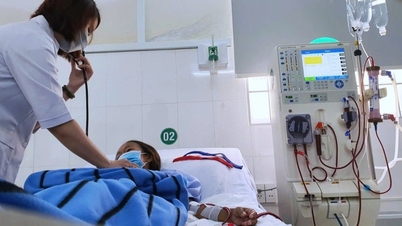

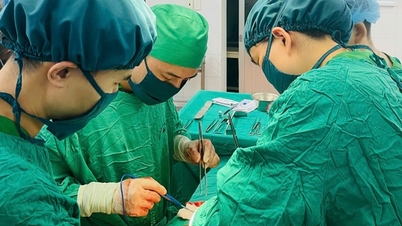

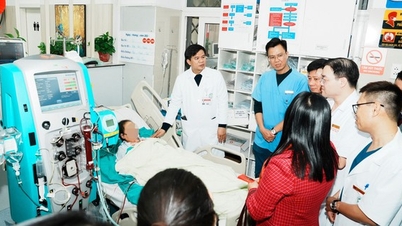
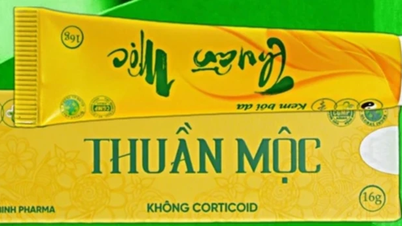



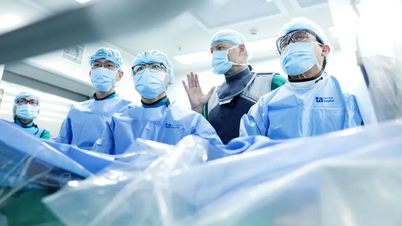






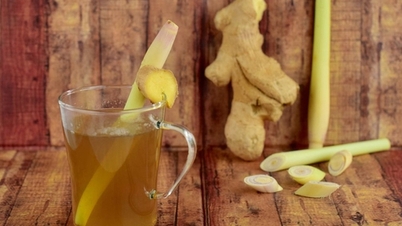








































































![Dong Nai OCOP transition: [Article 3] Linking tourism with OCOP product consumption](https://vphoto.vietnam.vn/thumb/402x226/vietnam/resource/IMAGE/2025/11/10/1762739199309_1324-2740-7_n-162543_981.jpeg)







Comment (0)